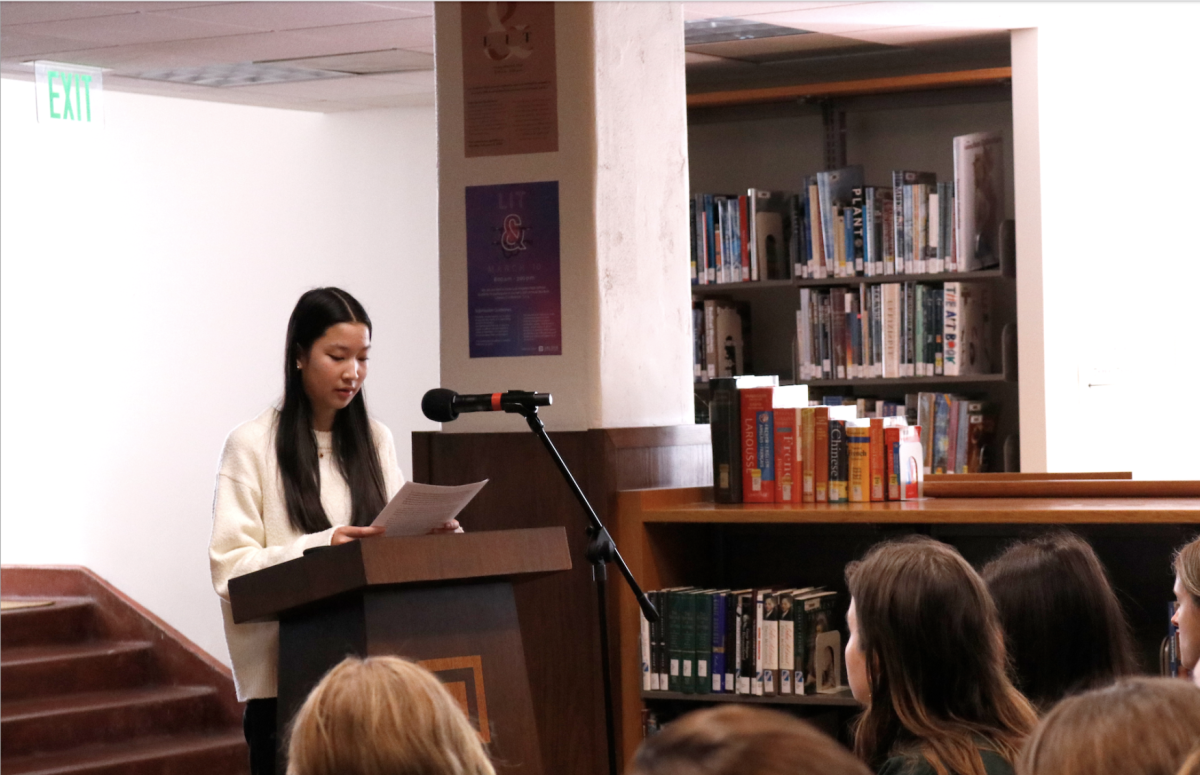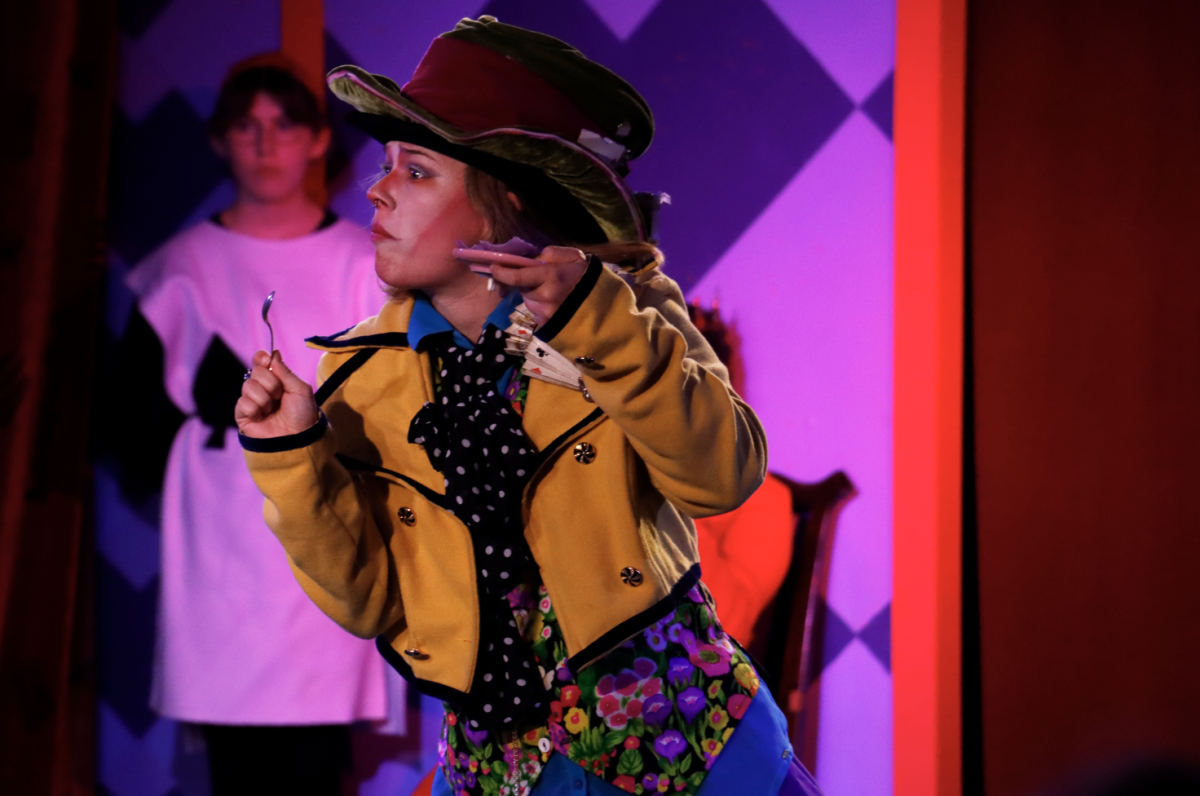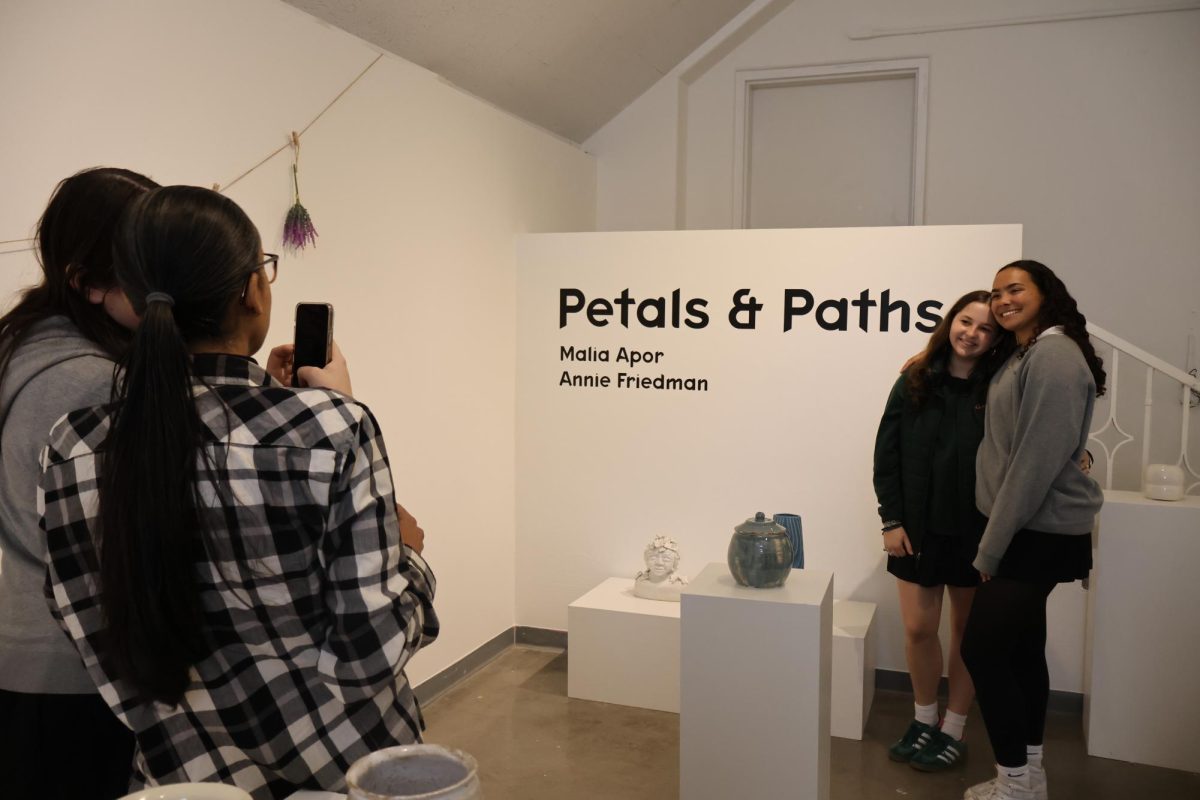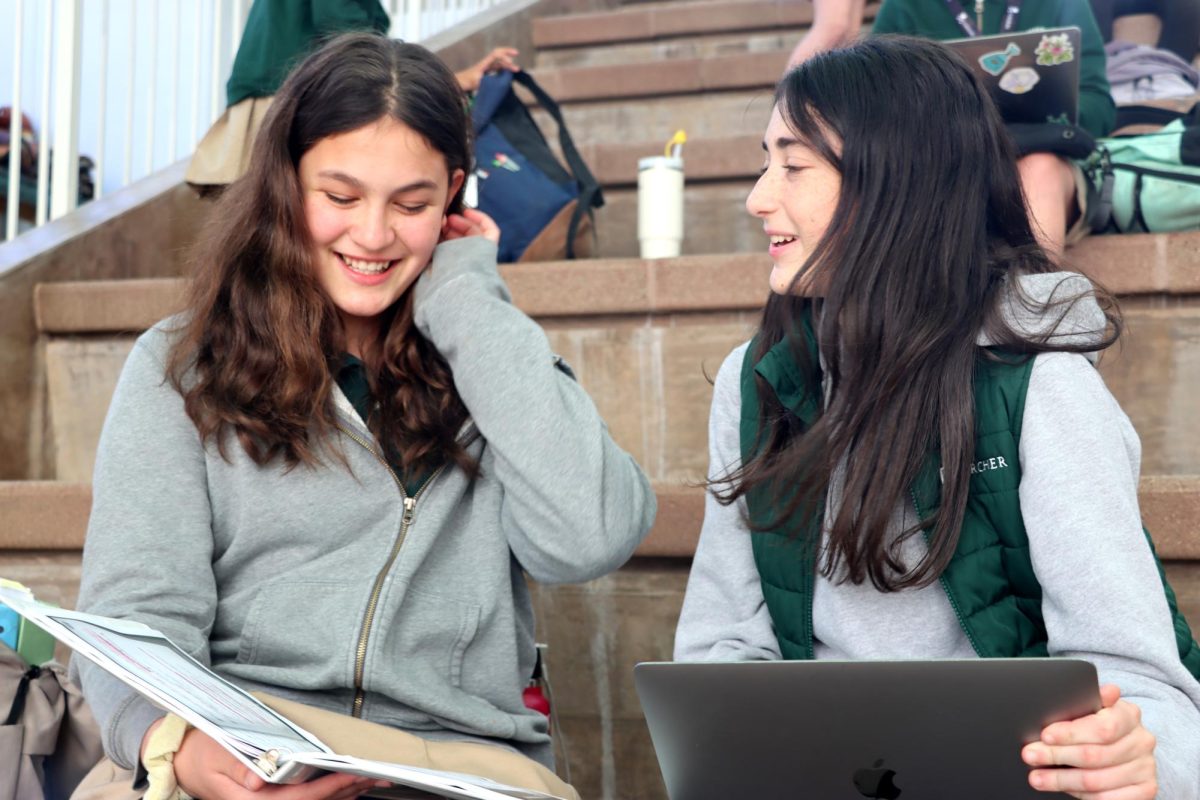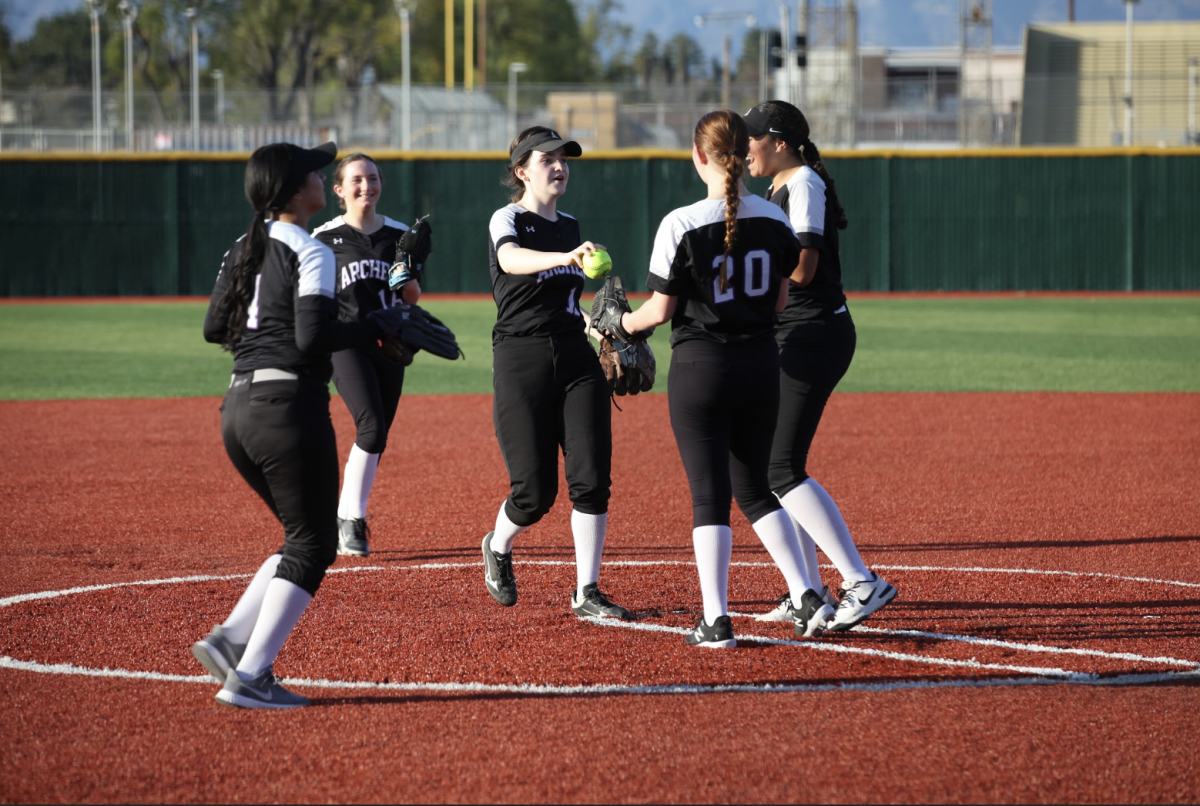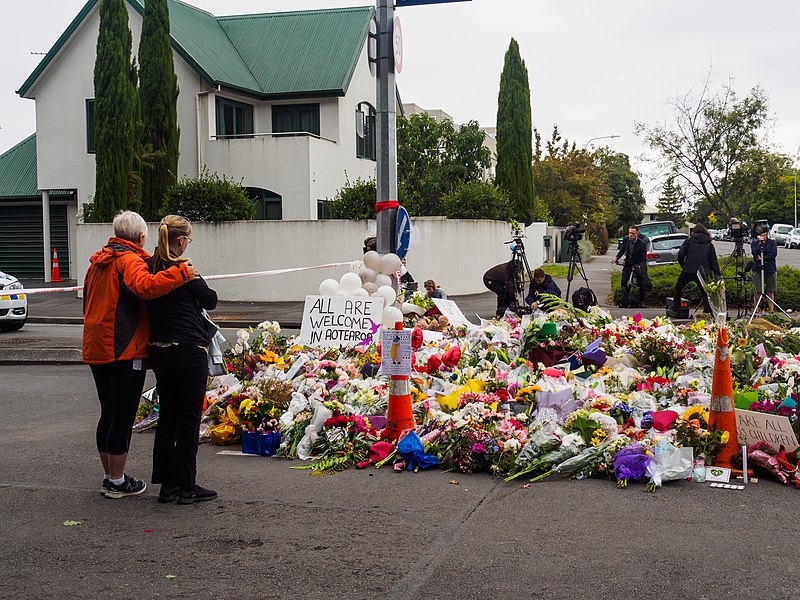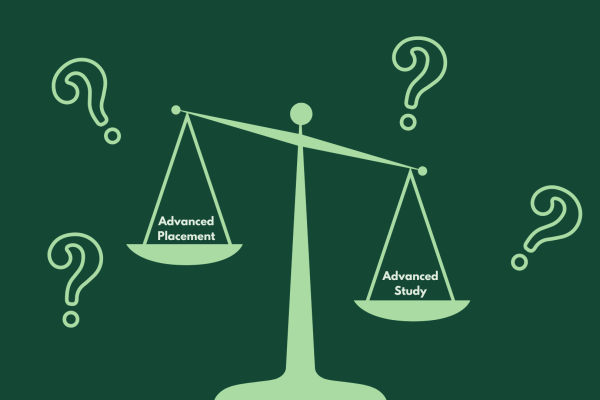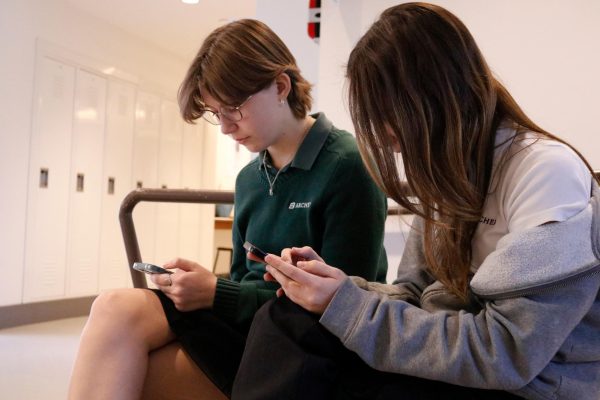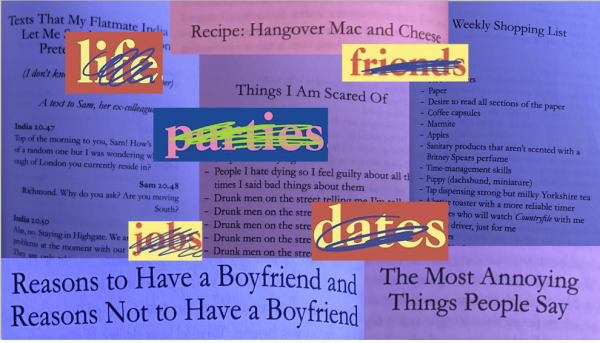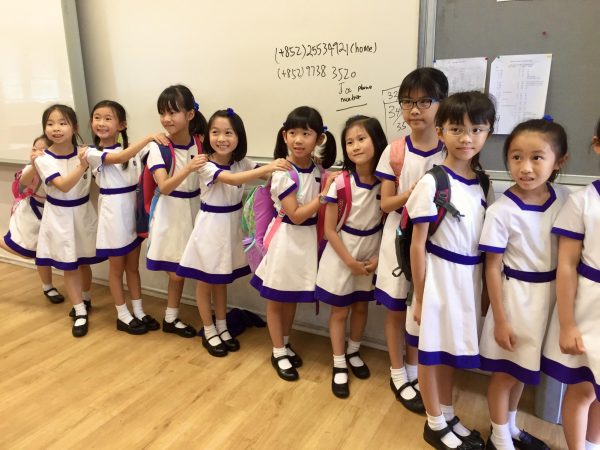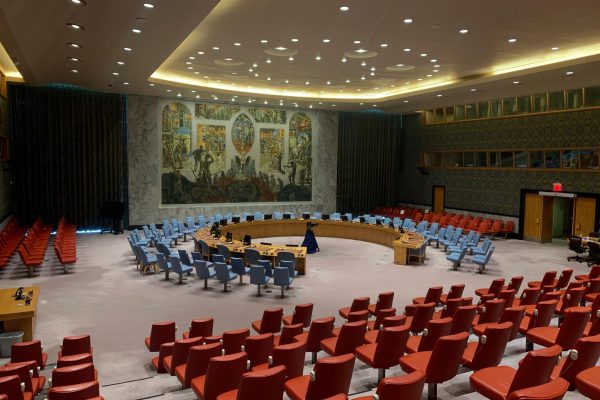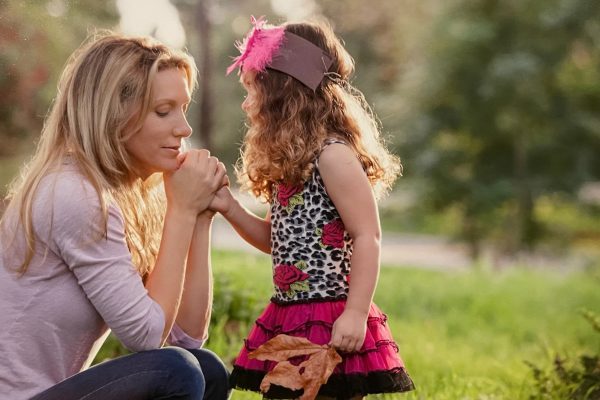Editorial: It’s time to tackle religious hate crimes
A month ago, images surfaced on social media of high school students at a party displaying cups in the form of a swastika and imitating the Nazi salute. The students in the images were from the Newport-Mesa Unified School District.
Less than a week later, 50 people were killed and 50 more were injured in Christchurch, New Zealand at the Al Noor and Linwood mosques. The attacker was a 28-year-old man who opened fire with a semi-automatic weapon.
These two events serve as powerful reminders of the prevalence of religious hostility and show the importance of discussing it on a governmental and individual level. According to the American Psychological Association, a hate crime is defined as a “criminal offense against a person or property motivated in whole or in part by an offender’s bias against a race, religion, disability, sexual orientation, ethnicity, gender or gender identity.”
The FBI did not begin investigating hate crimes until World War I. In 1968, the federal government created the first statute protecting people from these transgressions. It was the first time that federal laws expressly addressed hate crimes. The statute protected any person, no matter their race, religion, or origin from hate crimes, though it failed to protect the LGBTQ+ community. In 1996, Congress passed the Church Arson Prevention Act, which declared that defacing, damaging or destroying religious property, in addition to interfering with a person’s religious practice, is a crime.
In recent years, hate crimes have risen. From 2016 to 2017, there was a 17% increase in hate crimes committed in the United States, according to a new FBI report.
It is disconcerting to think that there are people in the world who are the same age as us committing senseless acts. Discriminatory violence can occur anywhere, whether it’s 44 miles from Los Angeles in Newport Beach or 6,900 miles away in Christchurch. While these horrendous crimes highlight the worst of humanity, they show us the importance of compassion and advocacy.
These destructive actions should serve as a warning to not repeat the mistakes of the past. But with our ever-changing world, how do we enact change?
For starters, in the next year, FBI personnel will provide training for law enforcement officers on how to identify bias-motivated crimes and how to share that data through the FBI’s Uniform Crime Reporting Program [UCRP].
The data collected by the UCRP “allows the public, researchers, community leaders, and local government to raise awareness of the issue and gain a more accurate picture of hate crimes. It also allows law enforcement agencies to develop data-focused strategies and preventative measures.”
Student activism is one of the most powerful ways to promote change. According to the New York State Police Department’s Crime Intervention: Putting A Stop to Hate Crimes, there are many ways young people can get involved.
Start a conflict resolution program within your high school. Report incidents of hate crimes to parents and teachers. Write to local government representatives about ideas that you might have in how to stop this epidemic. Organize a school-wide or city-wide walkout. Use social media to raise awareness.
While student activism is extremely important, we should be fighting against hate crimes no matter our age. The Southern Poverty Law Center created a resource guide on how to combat hate. It helps individuals fight for change through education, engagement and communication.
We should not let these hate crimes define our world. People need to work together, fight together, advocate together to create a new respect for our shared humanity — a humanity that embraces difference rather than targeting it.

The Oracle's student editorial board, led by the Editor-in-Chief, makes all decisions that pertain directly to the Oracle and has final say over all content....




![Freshman Milan Earl and sophomore Lucy Kaplan sit with their grandparents at Archer’s annual Grandparents and Special Friends Day Friday, March 15. The event took place over three 75-minute sessions. “[I hope my grandparents] gain an understanding about what I do, Kaplan said, because I know they ask a lot of questions and can sort of see what I do in school and what the experience is like to be here.](https://archeroracle.org/wp-content/uploads/2024/03/grandparents-day-option-2-1200x800.jpg)
